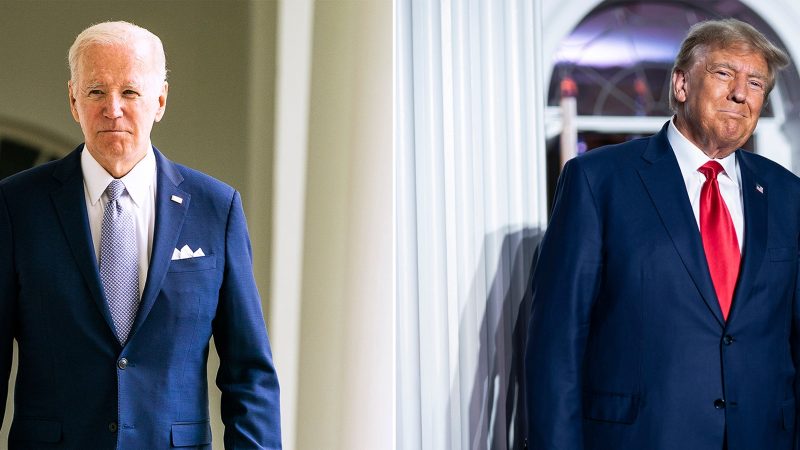The Trump-Biden Battle Over the 2017 Tax Cut
The 2017 Tax Cuts and Jobs Act has been a subject of intense debate and contention between former President Donald Trump and President Joe Biden. Both leaders hold starkly different views on the efficacy and impact of this significant tax reform. The tax cut, passed during Trump’s administration, was a comprehensive overhaul of the U.S. tax system, aimed at stimulating economic growth, creating jobs, and putting more money back into the pockets of American taxpayers. However, its effects and legacy have been a source of disagreement between the two administrations.
Former President Trump hailed the tax cut as a resounding success, claiming it fueled economic growth, led to record-low unemployment rates, and bolstered American businesses. He argued that the tax cuts incentivized businesses to invest in the United States, bringing jobs back to the country and boosting wages for American workers. President Trump touted the tax cut as a key achievement of his administration, highlighting its role in bolstering the economy and benefiting the middle class.
In contrast, President Biden and his administration have criticized the 2017 tax cut, arguing that it primarily benefited the wealthy and large corporations at the expense of average Americans. President Biden has proposed repealing certain provisions of the tax cut, particularly those that disproportionately benefit the top income earners and corporations. He has called for a more progressive tax system that ensures the wealthy pay their fair share and provides relief to working families and individuals struggling to make ends meet.
The debate over the 2017 tax cut has underscored the ideological divide between the two administrations on economic policy and tax reform. While former President Trump focused on cutting taxes to spur economic growth and job creation, President Biden has emphasized the need for a more equitable tax system that addresses income inequality and supports the most vulnerable members of society. The differing viewpoints of the two leaders reflect broader disagreements within the political landscape on the role of government in shaping economic policy and addressing social inequality.
As the battle over the 2017 tax cut continues to play out, it remains to be seen how President Biden’s proposed tax reforms will fare in Congress and whether they will be able to undo or modify the legacy of the Trump-era tax cut. The outcome of this debate will have profound implications for the American economy, the distribution of wealth, and the future of tax policy in the United States. Ultimately, the clash between the Trump and Biden administrations over the 2017 tax cut highlights the complex and multifaceted nature of tax policy and its impact on society as a whole.
In conclusion, the battle over the 2017 tax cut represents more than just a policy disagreement between two administrations; it encapsulates broader debates about economic inequality, social justice, and the role of government in shaping the future of the country. The legacy of the tax cut will continue to shape U.S. tax policy and economic outcomes for years to come, as policymakers grapple with the competing demands of economic growth, fairness, and social welfare.
